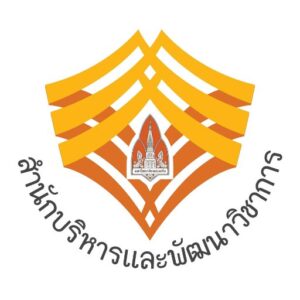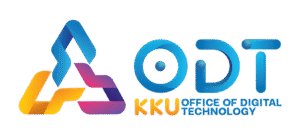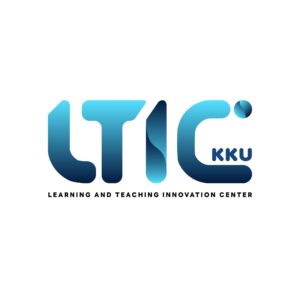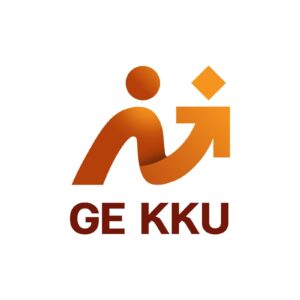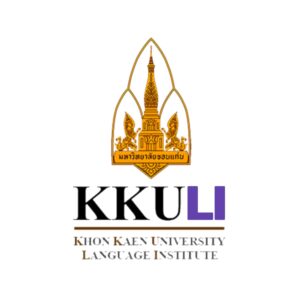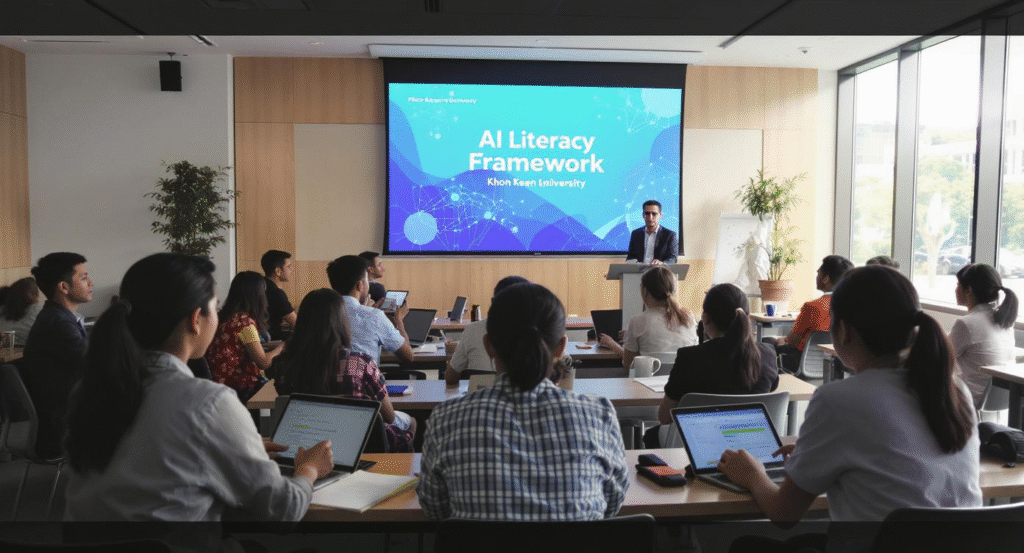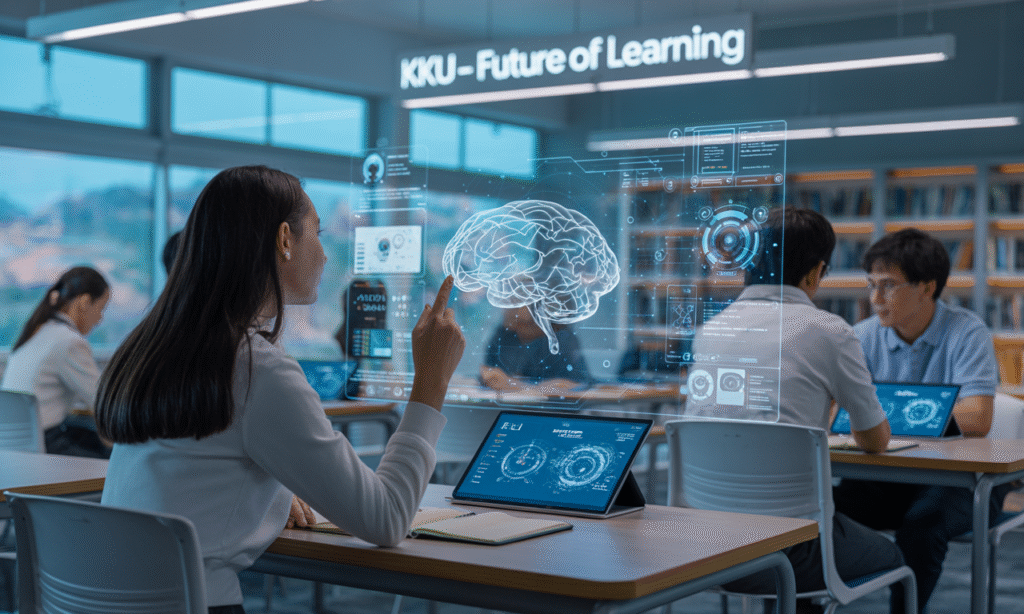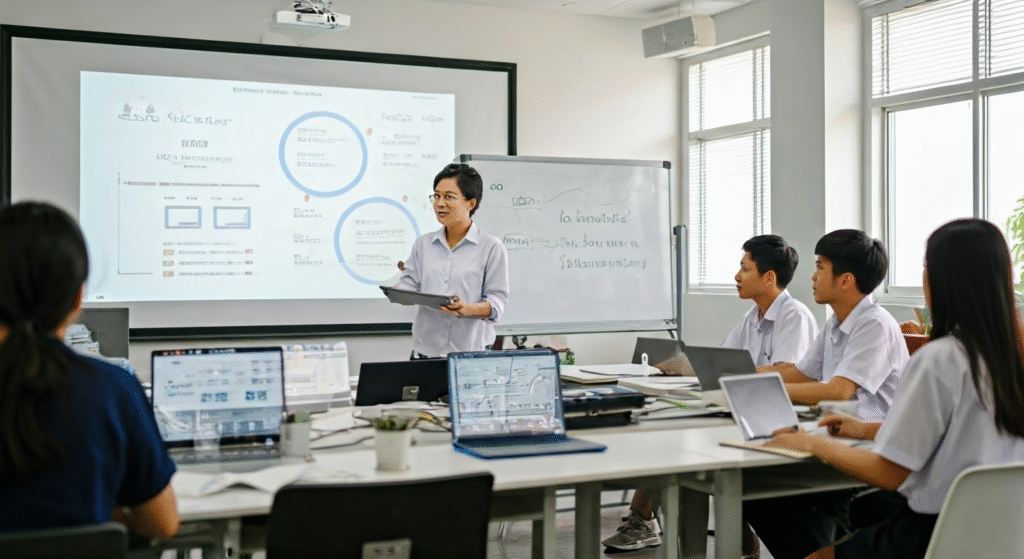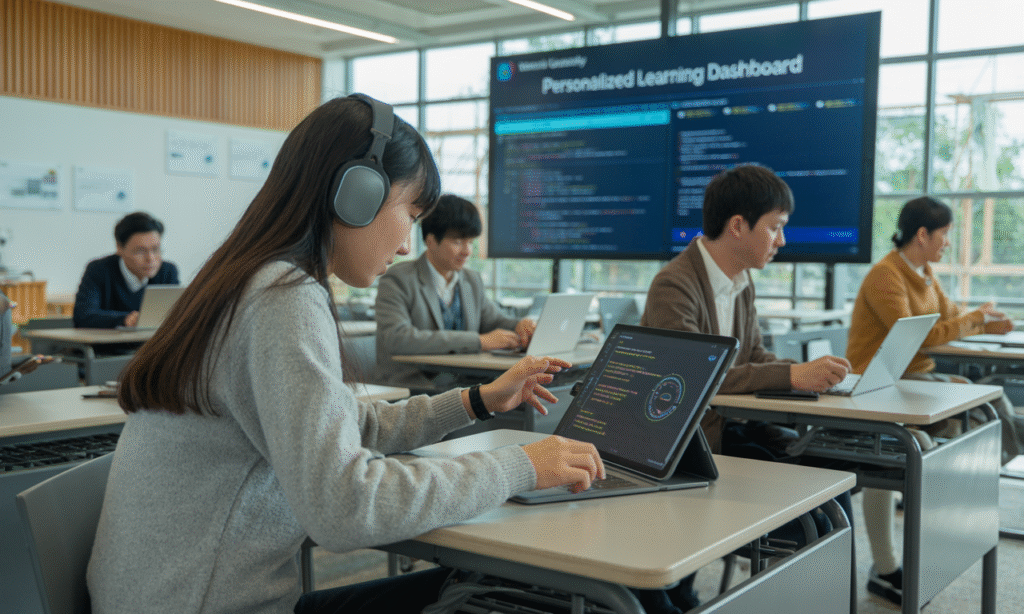KKU Digital Education
Creating the Best Digital Learning Experience.
KKU Digital Learning
Developing Digital Skills for a Brighter Future
KKU Digital Innovation
Driving Education with Cutting-Edge Digital Innovation








308 +
Quality Curricula
Education Strategy Highlights
Transforming Learning for the Future
The Education and Digital Division, Khon Kaen University, is driving educational innovation by aligning curricula and learning environments with the demands of the 2030s and global standards.
Promote Learner-Centered Education and Outcome-Based Learning
Develop Future-Oriented Curricula (New Paradigm Curricula)
Implement Smart Learning Ecosystems
Digital Transformation Strategy Highlights
Driving Education with Digital Innovation
Khon Kaen University is transforming into a smart digital campus, leveraging technology to enhance academic excellence, operational efficiency, and user experience across all sectors.
Develop a University-wide Digital Ecosystem
Implement Smart Infrastructure and Seamless Digital Services
Foster Data-Driven Decision-Making Culture
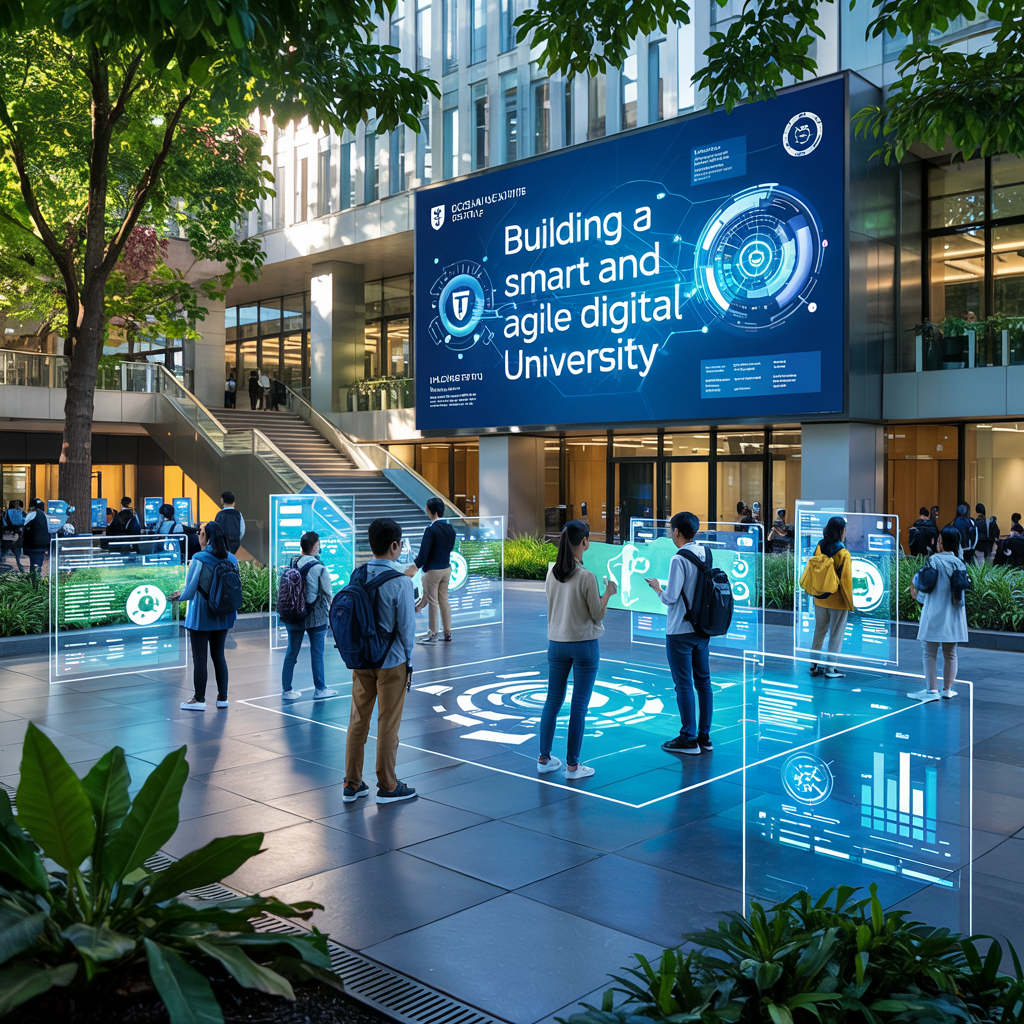
100 +
Gbps Smart Campus Connectivity
KKU Transformation
Future Education with Digital Innovation
-
-
- Curriculum and Pedagogy Transformation for Future-Ready Graduates: Reform programs for new knowledge and skills, emphasizing active, interdisciplinary, and experiential learning to foster student-led knowledge discovery.
- Faculty Development for New Learning Paradigm Roles: Empower faculty as learning designers and coaches, proficient in student-centered methodologies to facilitate self-directed learning and innovation.
- Developing Student Competencies with Global Skill Sets: Equip students and graduates with internationally recognized skills, including critical thinking, creativity, digital literacy, and collaboration, for global employability.
- Fostering Wisdom and Lifelong Learning Capabilities: Develop students’ critical thinking, problem-solving abilities, and a mindset for continuous self-improvement and adaptation throughout their lives.
- Leveraging AI and Digital Technologies for Enhanced Learning: Promote and integrate AI and digital tools into teaching and learning processes to create personalized, engaging, and effective educational experiences.
-
-
-
- Smart Campus Infrastructure Development: Implement robust, integrated, and secure digital infrastructure, including high-speed networks, cloud services, and IoT, to support all university operations.
- Digitization of University Administration and Services: Transform administrative processes (e.g., admissions, finance, HR) and student/staff services into seamless, user-friendly digital experiences accessible anytime, anywhere.
- Data-Driven Decision Making and Governance: Establish a comprehensive data governance framework and analytics capabilities to enable informed strategic planning, resource allocation, and performance monitoring across the university.
- Enhancing Digital Literacy and Future Skills for All Stakeholders: Equip students, faculty, and staff with essential digital literacy, data analytics, AI literacy, and cybersecurity skills crucial for a digital society. (Ref: education.kku.ac.th/about)
- Fostering Digital Innovation and a Tech-Enabled Ecosystem: Promote a culture of digital innovation in research, teaching, and operations, supporting the development and adoption of emerging technologies and fostering collaborations with tech industries.
-
200000
+
ALUMNI
40123
STUDENTS
2071
FACULTY
9088
SERVICE STAFF
Academic Programs
114
BACHELOR'S DEGREE
149
MASTER'S DEGREE
99
DOCTORAL DEGREE
16
DIPLOMA
Knowledge Base

